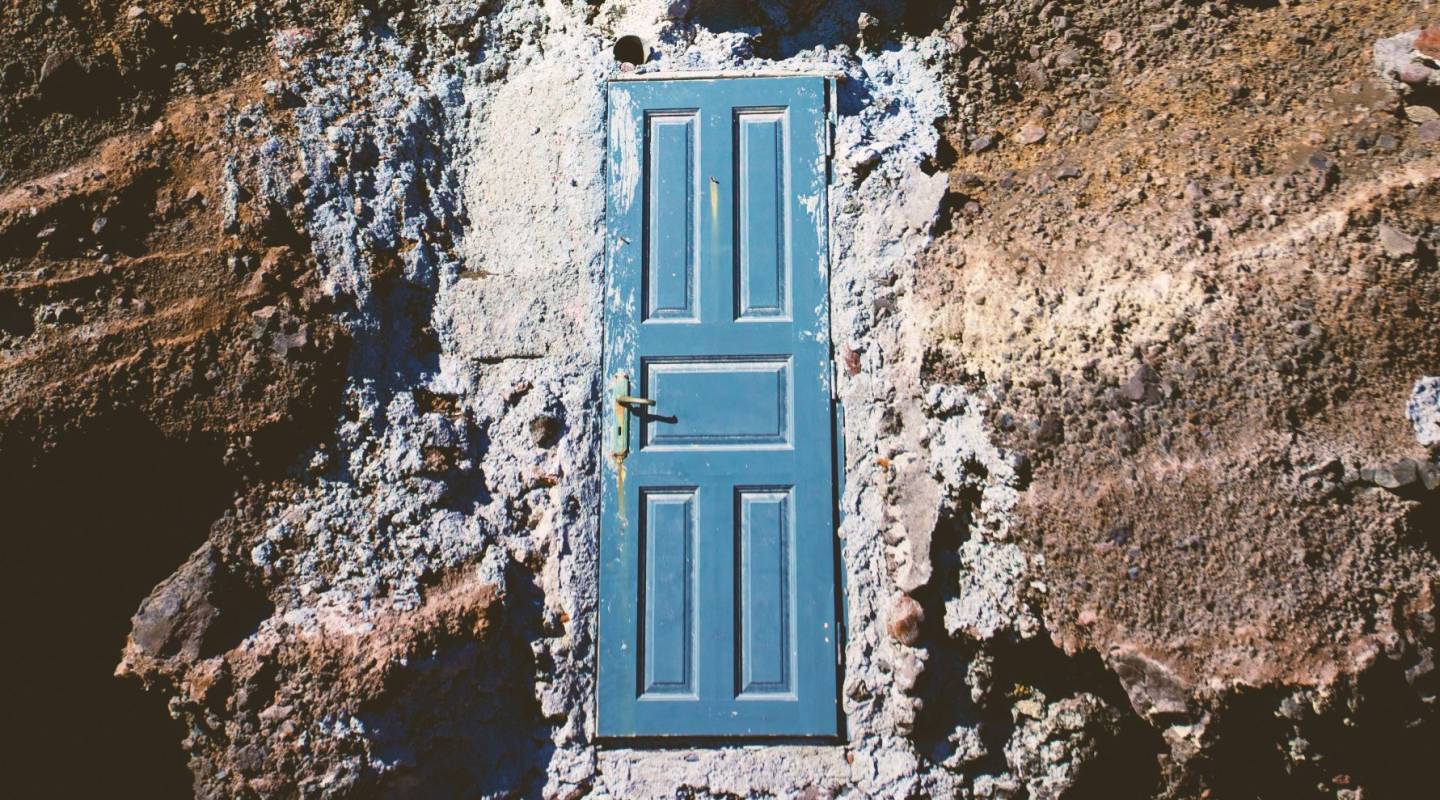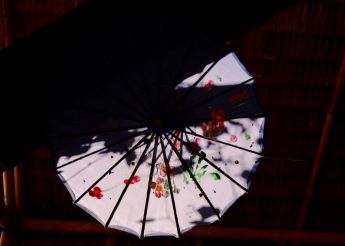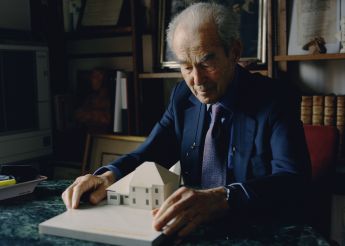AJ. This measure was influenced by visits to American maximum-security prisons. Over the past dozen years, the architecture of Moroccan prisons has changed, with more resources, security doors, surveillance technologies, data processing policies, separation measures, etc. There are now several maximum-security prisons. It is a way for the prison service to maintain control over the prisons. Among these security measures, the administration has chosen to place those with definite sentences according to their level of danger to society. For example, those who are convicted of terrorism are isolated and do not have the same daily privileges as the other prisoners. This classification has grave consequences, especially in terms of reduced contact with the outside, particularly with loved ones.
CB. It is the crime and not the sentence that determines someone’s classification. A person sentenced to death is not automatically classified as dangerous.
What is particularly troubling for people sentenced to death who are considered dangerous, is that they don’t see an end to their sentence, resulting in the absence of hope and a future that is reinforced by their isolation from the outside world. That is probably why there have been suicides recently among people sentenced for crimes deemed particularly serious.
The lack of transparency in the classification criteria is concerning, not only for civil society, but also for the prisoners and their families. The classification system was drawn up through several internal memos which were not made available to the public. So, no one knows if a prisoner may, for example, be moved from one category to another to reflect behaviour.
JBF. There is no official death row in Morocco. Theoretically, prisoners with death sentences are placed with other prisoners, and they are not confined to a specific section. But, because they are classified as dangerous, it might as well be death row. Because of their unique circumstances as persons sentenced to death in a country with a moratorium, they face an endless wait, made worse by the isolation, that some United Nations mechanisms consider to be a form of torture. It is truly a very difficult situation for these people and their families.
CB. It must also be asked what responsibility international actors have regarding Morocco, beyond the country’s individual responsibility, for having implemented these security measures that contribute to the suffering, isolation, and suicides of prisoners. It is not clear how these prison models can be set up without taking this into account.
JBF. So there is a real need to ensure that there is monitoring and an assessment of the impact of these judicial and criminal cooperation accords between different countries.





